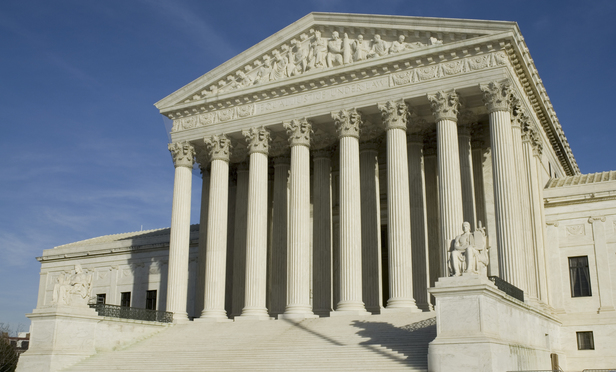Plaintiffs in patent-infringement cases enjoy tremendous discretion in selecting the venue in which they bring suit. The district that receives the most such cases—perhaps because of perceived plaintiff-friendly discovery rules—is the Eastern District of Texas. As recently as 2015, this district received 44 percent of all patent-infringement cases filed in the United States. The U.S. Supreme Court is considering a challenge to the venue rules that currently permit this concentration of patent cases.
On March 27, 2017, the court heard argument in TC Heartland v. Kraft Foods Group Brands, No. 16-341, an appeal from a decision of the U.S. Court of Appeals for the Federal Circuit focusing on where defendants “reside” for purposes of the patent-venue statute, 28 U.S.C. Section 1400(b). The dispute arises from a patent-infringement suit filed by Kraft Foods against TC Heartland in the District of Delaware. TC Heartland, which is an Indiana LLC with its principal place of business in Indiana, sought to have the case dismissed or transferred because Delaware was an improper venue. Kraft argued that venue was proper because, under the broad interpretation given to the patent-venue statute by courts, TC Heartland “resided” in Delaware by virtue of its sales in the state—approximately 2 percent of the total sales of its allegedly infringing product. Both the District Court and the Federal Circuit agreed with Kraft.



